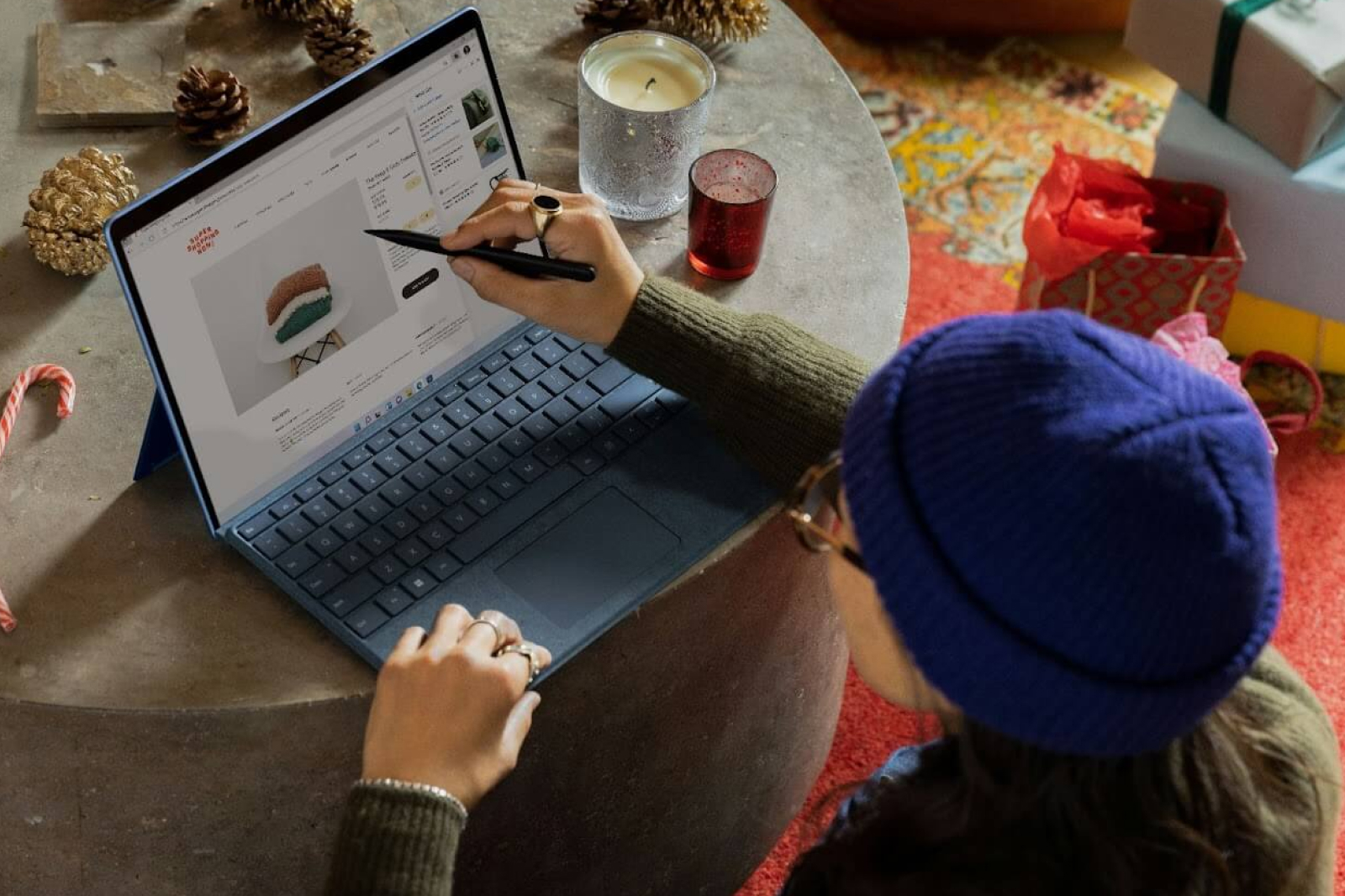
microsoft edge via unsplash
Who could live without online shopping? It’s a standard routine in so many households. Whether you’re stocking up on groceries, snagging the latest and greatest tech sensation, shopping for holiday gifts, or treating yourself to a new outfit, the convenience of buying this stuff while in your pajamas is hard to beat — at least




